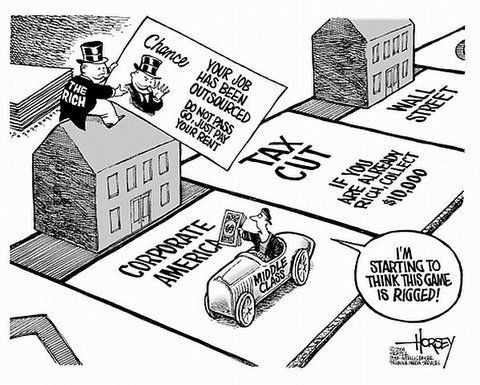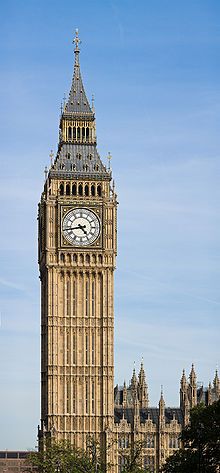This is your morning Open Thread. Pour your favorite beverage and review the past and comment on the future.
Find the past “On This Day in History” here.
Click on image to enlarge
June 4 is the 155th day of the year (156th in leap years) in the Gregorian calendar. There are 210 days remaining until the end of the year.
On this day in 1919, the 19th Amendment to the U.S. Constitution, guaranteeing women the right to vote, is passed by Congress and sent to the states for ratification.
The Nineteenth Amendment‘s text was drafted by Susan B. Anthony with the assistance of Elizabeth Cady Stanton. The proposed amendment was first introduced in the U.S. Senate colloquially as the “Anthony Amendment”, by Senator Aaron A. Sargent of California. Sargent, who had met and befriended Anthony on a train ride in 1872, was a dedicated women’s suffrage advocate. He had frequently attempted to insert women’s suffrage provisions into unrelated bills, but did not formally introduce a constitutional amendment until January 1878. Stanton and other women testified before the Senate in support of the amendment. The proposal sat in a committee until it was considered by the full Senate and rejected in a 16 to 34 vote in 1887.
A three-decade period known as “the doldrums” followed, during which the amendment was not considered by Congress and the women’s suffrage movement achieved few victories. During this period, the suffragists pressed for the right to vote in the laws of individual states and territories while retaining the goal of federal recognition. A flurry of activity began in 1910 and 1911 with surprise successes in Washington and California. Over the next few years, most western states passed legislation or voter referenda enacting full or partial suffrage for women. These successes were linked to the 1912 election, which saw the rise of the Progressive and Socialist parties, as well as the election of Democratic President Woodrow Wilson. Not until 1914 was the constitutional amendment again considered by the Senate, where it was again rejected.
On January 12, 1915, a proposal to amend the Constitution to provide for women’s suffrage was brought before the House of Representatives, but was defeated by a vote of 204 to 174. Another proposal was brought before the House on January 10, 1918. During the previous evening, President Wilson made a strong and widely published appeal to the House to pass the amendment. It was passed by the required two-thirds of the House, with only one vote to spare. The vote was then carried into the Senate. Wilson again made an appeal, but on September 30, 1918, the proposal fell two votes short of passage. On February 10, 1919, it was again voted upon and failed by only one vote.
There was considerable desire among politicians of both parties to have the proposal made part of the Constitution before the 1920 general elections, so the President called a special session of the Congress so the proposal would be brought before the House again. On May 21, 1919, it passed the House, 42 votes more than necessary being obtained. On June 4, 1919, it was brought before the Senate and, after a long discussion, it was passed with 56 ayes and 25 nays. Within a few days, Illinois, Wisconsin, and Michigan ratified the amendment, their legislatures being in session. Other states followed suit at a regular pace, until the amendment had been ratified by 35 of the necessary 36 state legislatures. On August 18, 1920, Tennessee narrowly approved the Nineteenth Amendment, with 50 of 99 members of the Tennessee House of Representatives voting yes. This provided the final ratification necessary to enact the amendment.





 On this day in 1980,
On this day in 1980,  The Cable News Network was launched at 5:00 p.m. EST on Sunday June 1, 1980. After an introduction by Ted Turner, the husband and wife team of David Walker and Lois Hart anchored the first newscast. Burt Reinhardt, the then executive vice president of CNN, hired most of CNN’s first 200 employees, including the network’s first news anchor, Bernard Shaw.
The Cable News Network was launched at 5:00 p.m. EST on Sunday June 1, 1980. After an introduction by Ted Turner, the husband and wife team of David Walker and Lois Hart anchored the first newscast. Burt Reinhardt, the then executive vice president of CNN, hired most of CNN’s first 200 employees, including the network’s first news anchor, Bernard Shaw.
 On this day in 1859,
On this day in 1859,  The main bell, officially known as the Great Bell, is the largest bell in the tower and part of the Great Clock of Westminster. The bell is better known by the nickname Big Ben.
The main bell, officially known as the Great Bell, is the largest bell in the tower and part of the Great Clock of Westminster. The bell is better known by the nickname Big Ben.
Recent Comments